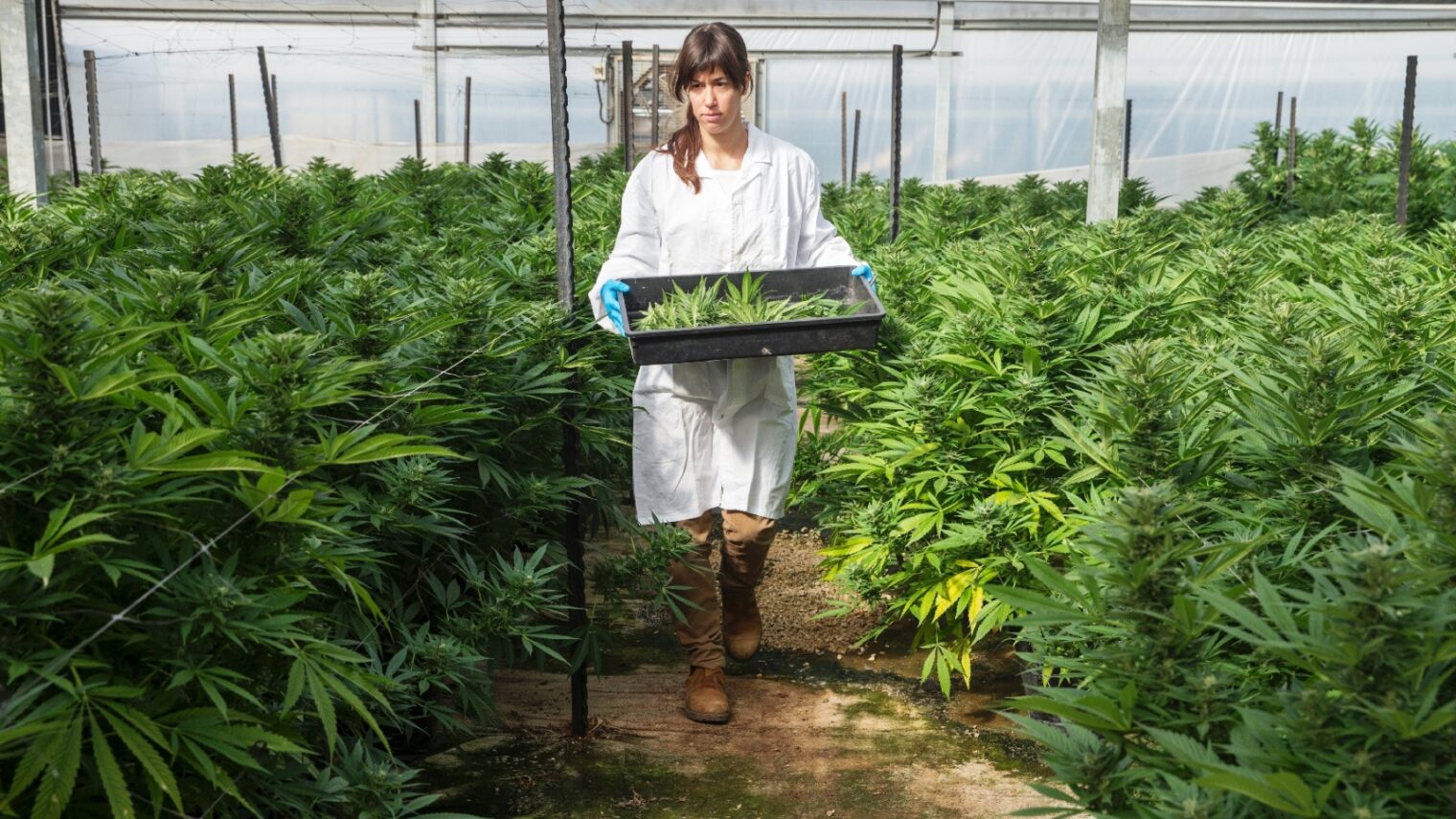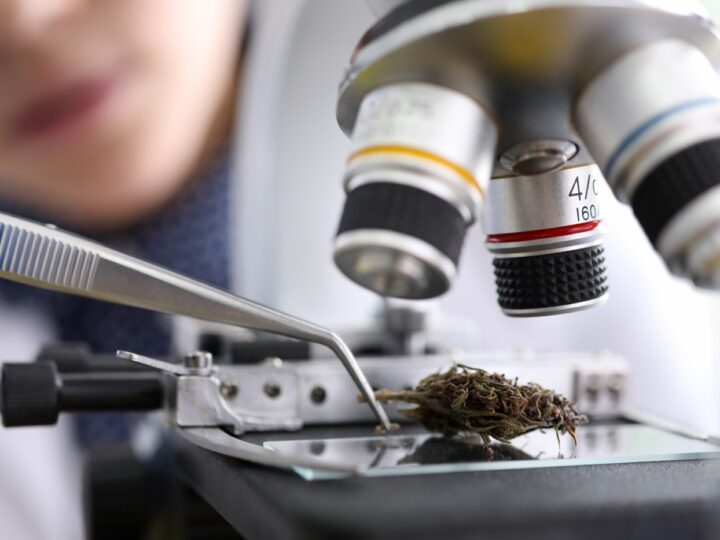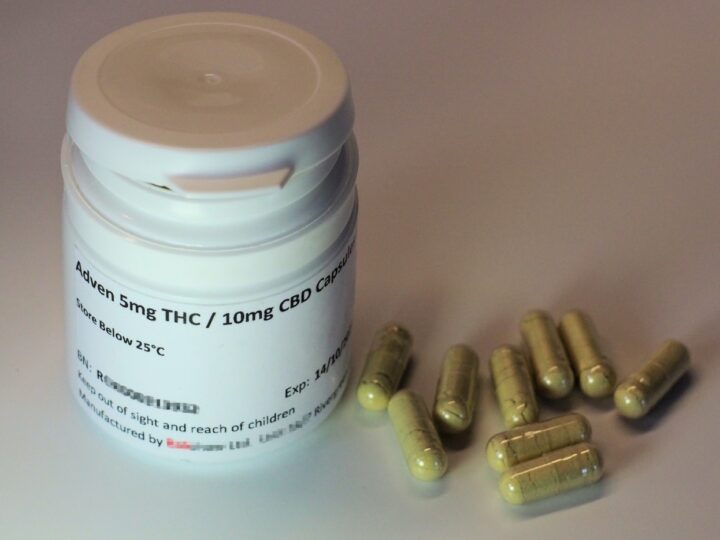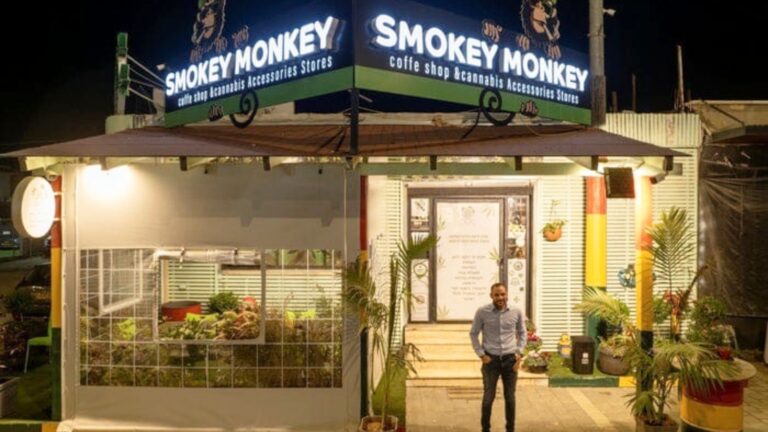In August, a joint feasibility committee of the Health and Finance ministries submitted a recommendation that Israel open its booming medical marijuana business to international exports. The market could be worth as much as $4 billion a year in revenue.
In the expectation that the proposal will be approved by legislators, an Israel company – Breath of Life Pharma (BOL) – is positioning itself to become the world’s largest medical cannabis facility.
BOL’s new production, research and development campus in central Israel has a 35,000-square-foot plant, an 8,000-square-foot storage room, 30,000 square feet of grow rooms and labs, and a million square feet of cultivation fields.
BOL CEO Dr. Tamir Gedo says his firm can store enough medical marijuana to supply the entire United States. Gedo estimates that BOL will produce 80 tons of medical cannabis per year.
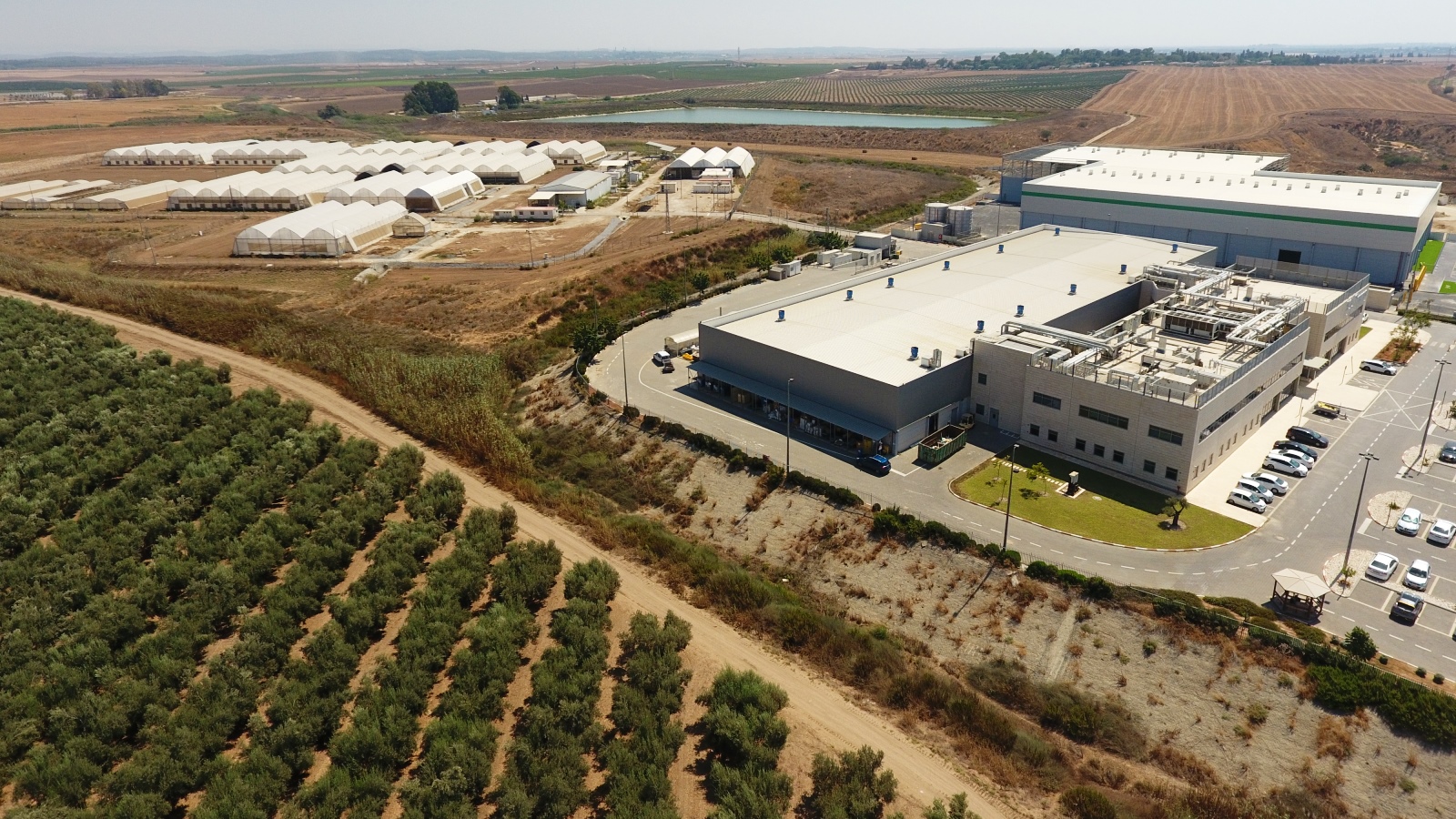
“Just don’t call it ‘marijuana,’” Gedo told a group of visiting journalists under high security (marijuana is, after all, a controlled substance in much of the world, including Israel).
The word “marijuana” was used by US drug enforcement agents in the 1930s to make it sound foreign and dangerous. Gedo, like most in his industry, prefers to use the plant’s real name, cannabis. He refers to BOL’s business as the growing, packaging and distribution of “medical-grade cannabis” (MGC for short).
BOL has no interest in pushing the legalization of recreational cannabis, Gedo says. Rather, BOL works toward bringing pharmaceutical-grade quality and delivery systems to purified extracts of the plant.
Because the chemical composition of cannabis flowers from different branches is not at all consistent, companies in the medical cannabis space don’t use the whole plant but instead isolate specific molecules and turn those into controlled, consistent drugs.
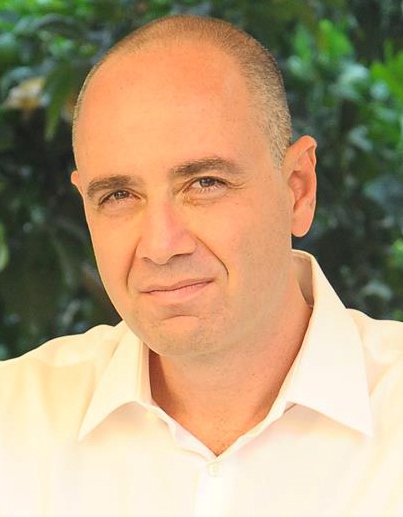
That can be quite a challenge: Cannabis has 142 different cannabinoids – active components – and each targets different illnesses.
The two best known cannabinoids are THC and CBD. The former is the psychoactive component responsible for marijuana’s “high.” It also helps with pain and nausea, which has made it a much sought-after medication for patients undergoing chemotherapy.
CBD, on the other hand, works on the autoimmune system and acts as an anti-inflammatory. It is being tested on inflammatory bowel diseases (including Crohn’s and ulcerative colitis) and has shown to be effective with conditions as diverse as autism, epilepsy, diabetes and heart disease. Moreover, you can’t get high from CBD.
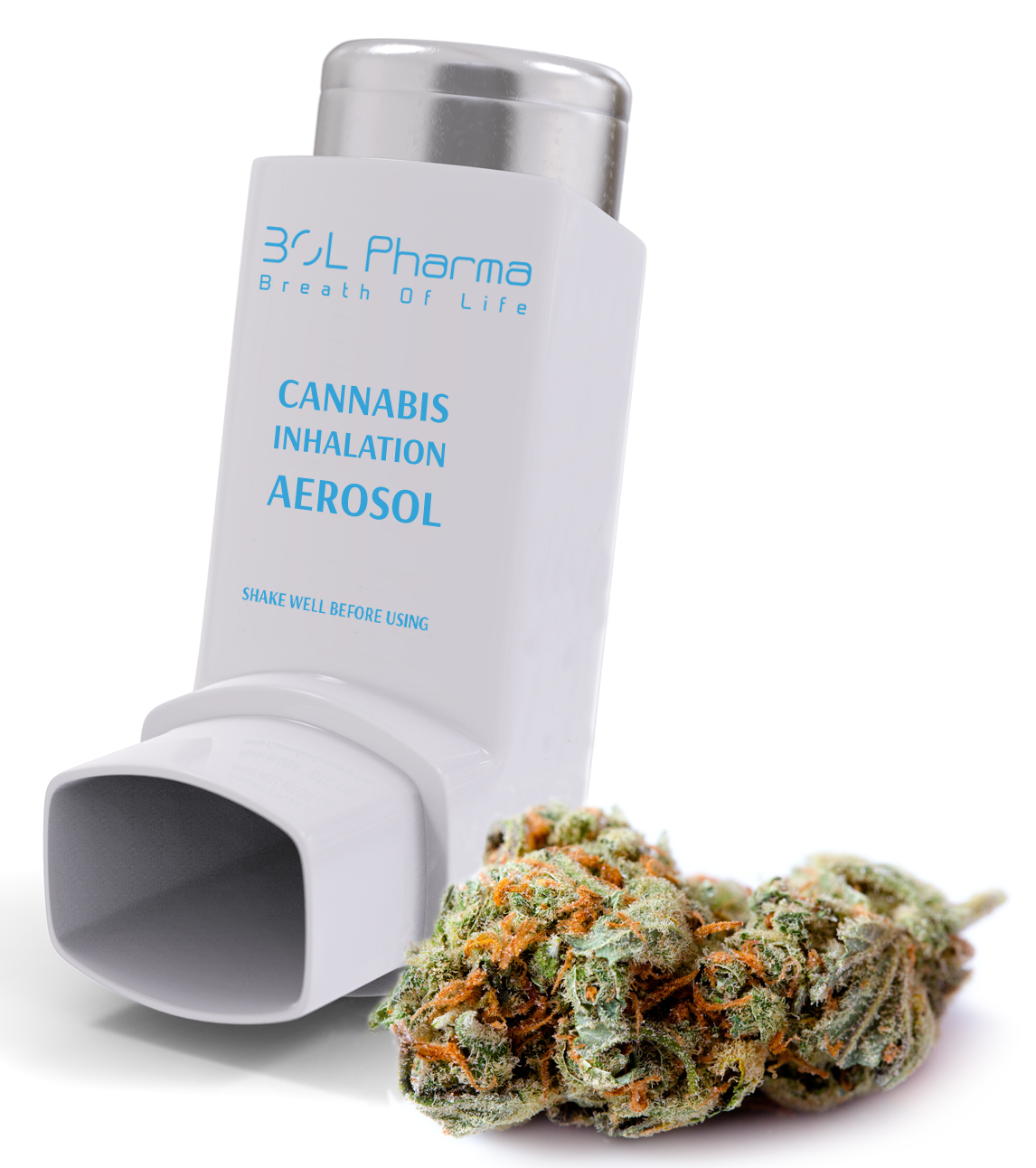
In order to get FDA approval, a company like BOL, which was founded in 2007, must conduct the same kind of double-blind clinical trials any drug would go through. Some 120 trials are currently under way in Israel – more than in any other country.
Gedo says that if even 10 percent of trials underway at his facility result in a patentable drug, BOL could be the Pfizer of MGC. BOL’s autism trial, under the supervision of Dr. Adi Aran, director of the neuropediatric unit of Shaare Zedek Medical Center in Jerusalem, will go to the FDA in 2018. If it’s approved, a commercial drug could be available as early as 2021.
Medical cannabis drugs are delivered via pills you swallow, delayed-release gel capsules, sublingual tablets, drops, ointments, transdermal patches and metered inhalers. You don’t smoke MGC because that destroys the CBD and other components aside from THC.
Cannabis-friendly
BOL is building on Israel’s reputation as one of the most cannabis-friendly countries in the world. Israel, which has the world’s highest ratio of cannabis users – 27 percent of the population aged 18-65 used marijuana in the last year – recently reduced penalties for recreational cannabis use to a fine.
Prof. Raphael Mechoulam from the Weizmann Institute of Science was the first to successfully isolate THC. That was in 1964. Mechoulam, now 86, is still active in cannabis research at the Hebrew University in Jerusalem, and is on the board of directors of BOL.
Testing medical cannabis on human patients has been part of the research landscape in Israel for years, but it’s nearly impossible to do in the United States. Only one facility, the University of Mississippi, is a licensed source for medical cannabis, and production is limited to just 650 kilograms per year.
“We can produce that amount in half a day,” Gedo says.
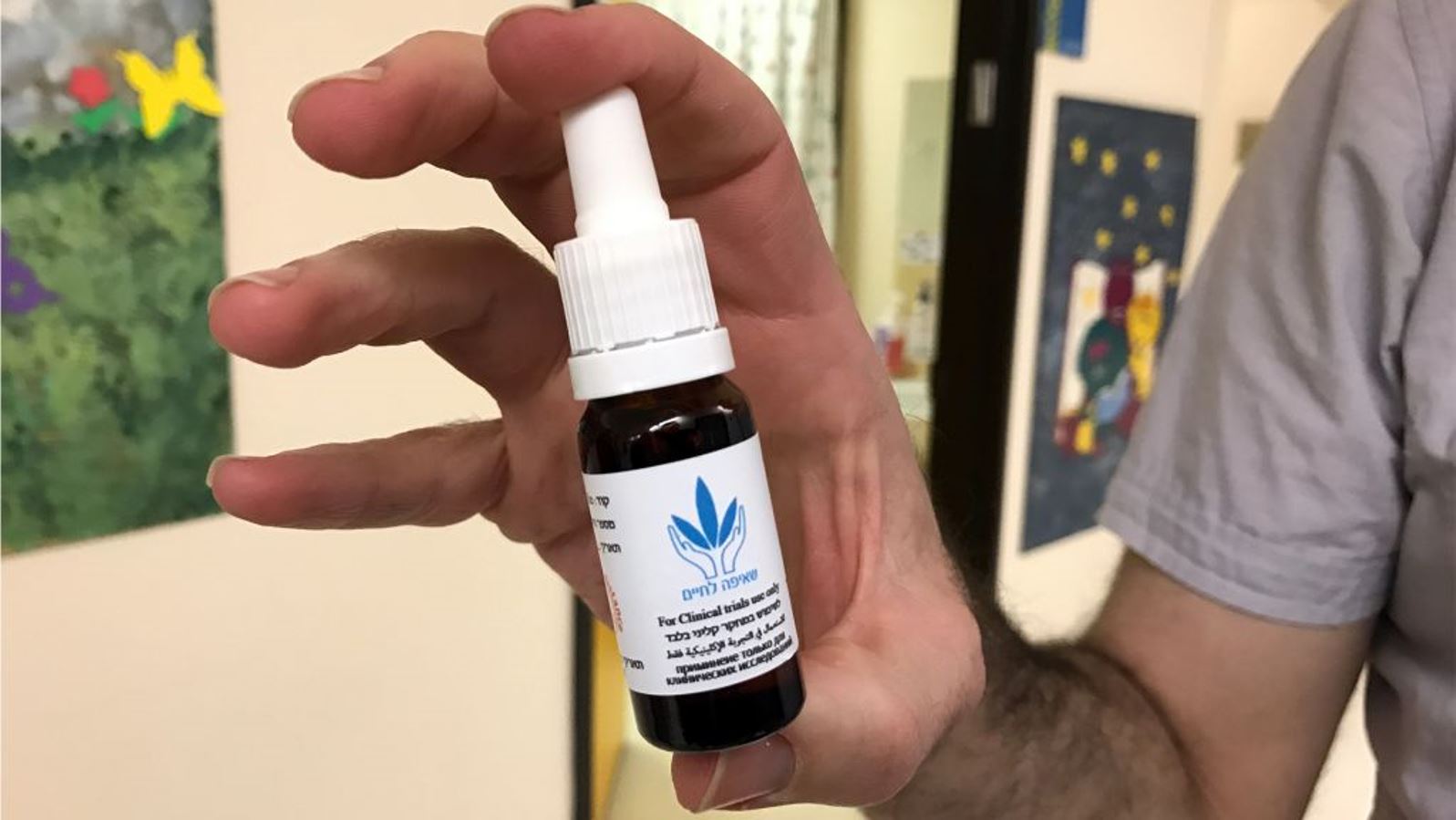
“Israel is a hotbed of quality cannabis research, because it has a much more favorable regulatory climate for doing serious scientific research on medical cannabis,” says Charles Pollack, director of the Lambert Center for the Study of Medicinal Cannabis at Thomas Jefferson University in Philadelphia.
As a result, companies are increasingly turning to Israel to conduct their phase 1 and 2 clinical trials. If you can point to previous studies done overseas, the FDA is more likely to approve a phase 3 trial in US. Of the 15 companies signed up so far to conduct their R&D at BOL’s facility in Israel, at least six are American.
And while importing cannabis into the United States remains illegal (even though 29 US states have legalized medical cannabis), if a product has FDA approval companies can circumvent that ban.
Israel is also blessed with a climate conducive to growing cannabis, BOL’s Gedo said. “The many days of sunshine make it more suitable than many parts of the US and Europe.”
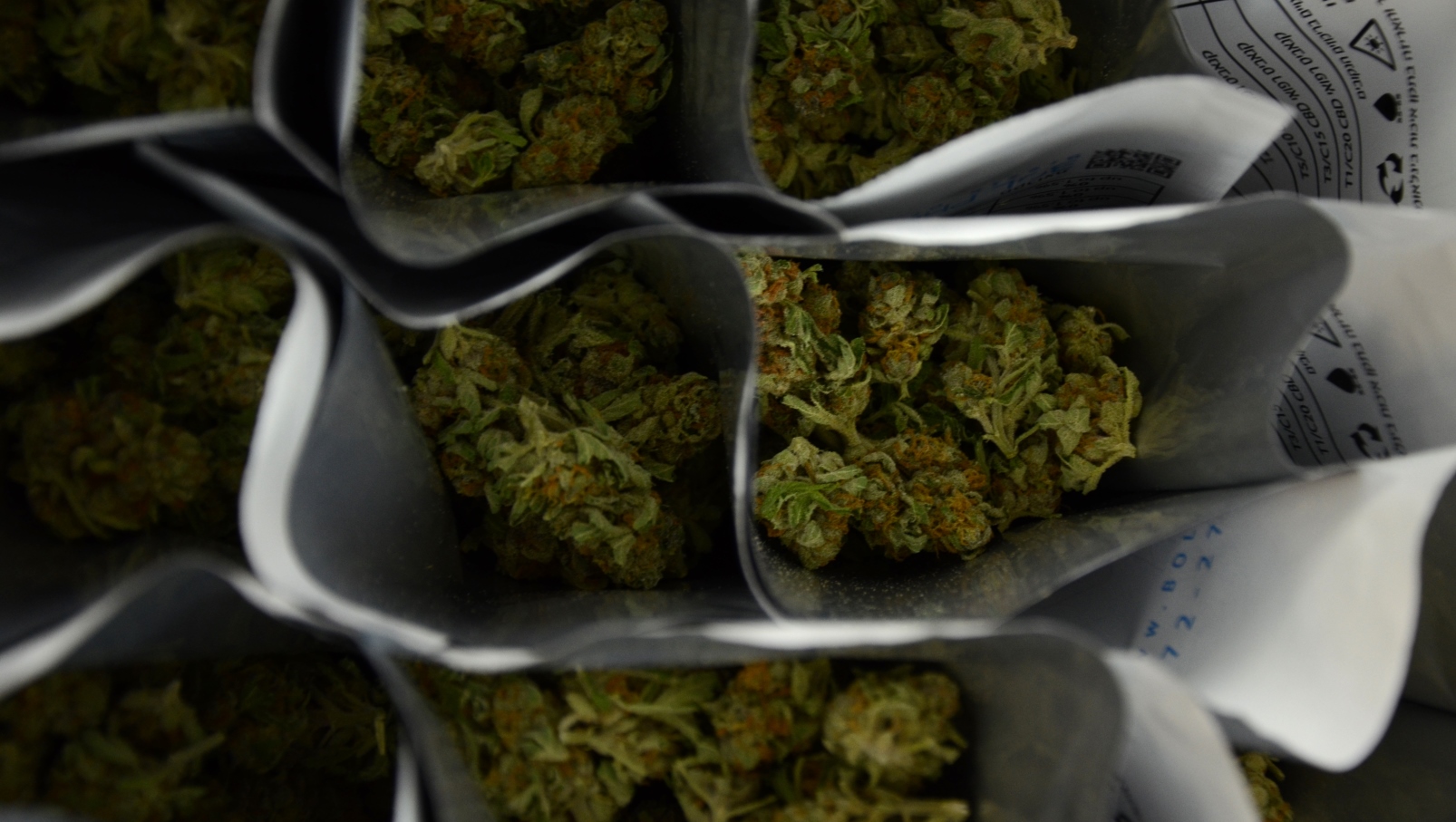
Healthy competition
BOL isn’t the only company in Israel to jump on the medical cannabis bandwagon.
Tikun Olam was Israel’s first medical cannabis distributor and opened an American subsidiary in 2016. One World Cannabis Pharmaceuticals is working on a topical cannabis cream to treat psoriasis. NASDAQ-listed Therapix Biosciences is deploying THC to address Alzheimer’s and Tourette syndrome. And there are others.
The Israeli firm iCAN sponsors CannaTech, a leading medical cannabis conference and trade show that started in Israel and is now on the road to London and Australia.
While Israel’s medical cannabis industry is targeting the international market, big changes are afoot domestically. Last summer, 81 doctors completed a medical cannabis course from the Ministry of Health. And the number of licensed cultivators has increased from eight to 60, including several kibbutzim.
The aim is to open up the Israeli market from just a few dispensaries serving the entire country to allowing doctors to prescribe MGC preparations that can be picked up at a local pharmacy.
“There are 30,000 patients in Israel getting medical cannabis,” ICAN’s Saul Kaye told ISRAEL21c. “Most people know someone who’s getting it. The stigma is being removed.”
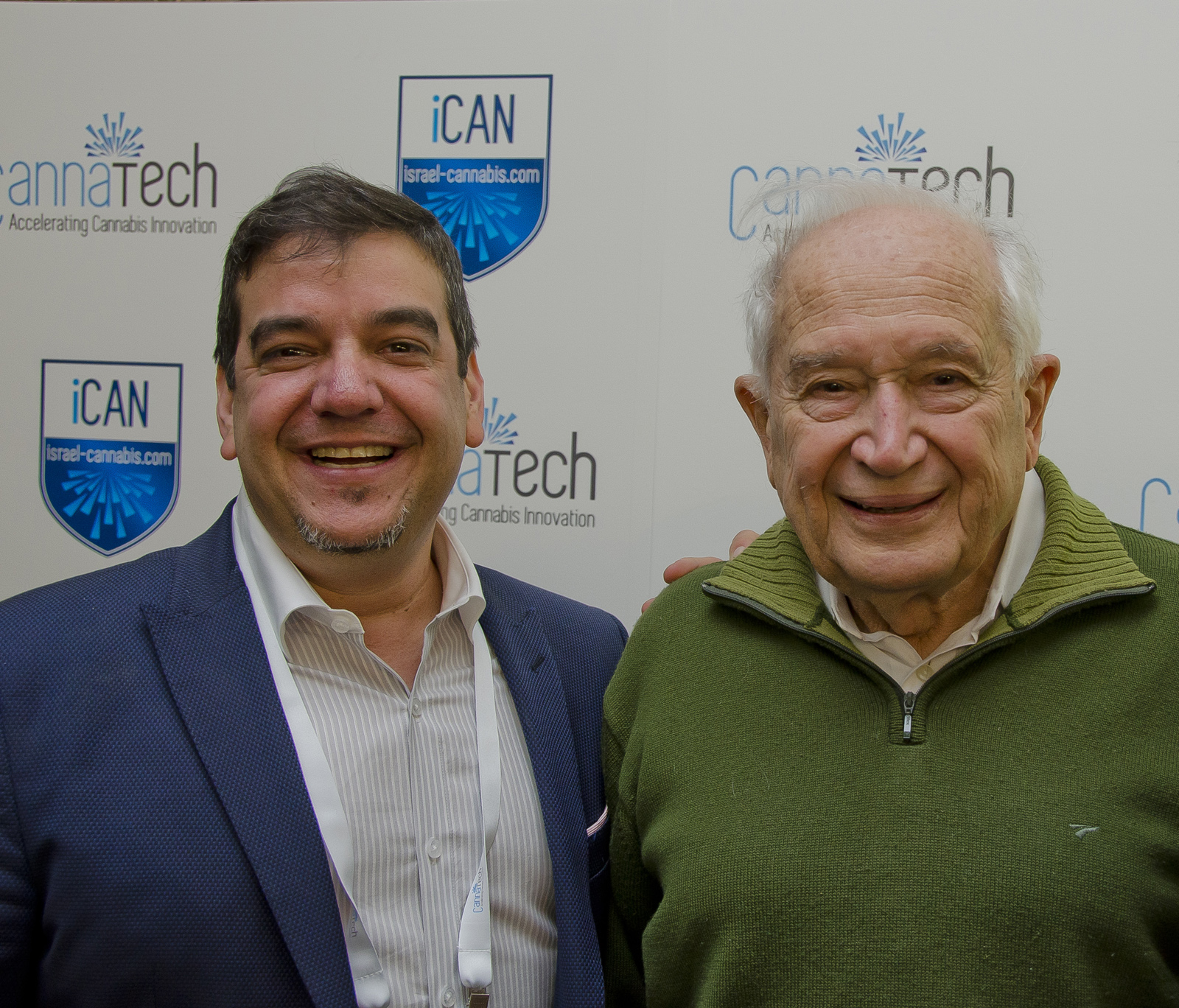
Israel has gone so far as to publish a “Cannacopeia,” a guide to the use of MGC. “We call it the ‘Green Book,’” quipped Yuval Landschaft, director of the Medical Cannabis Unit in the Israeli Ministry of Health. Some 21 countries have requested a copy.
In 2016, more than $250 million was invested in Israeli cannabis companies and about 50 American companies have established R&D operations in Israel or partnerships with Israeli companies like BOL.
The medical cannabis industry in Israel may not eclipse high-tech, but the two share the common root of Israeli chutzpah and the belief that bucking the rules often yields the biggest payout.
When Mechoulam first wanted to study cannabis, there was none to be had. So his boss at the Weizmann Institute called a buddy at the local police station and scored a confiscated stash of 11 pounds of Lebanese hashish (also from cannabis) that the cops were planning to burn. Mechoulam hopped on a bus to pick it up.
This creative approach jump-started an entire industry. Now the only question is: how high can Israel leap? Four billion dollars in potential exports (and taxable revenue) certainly raises the bar.
For more information, click here.




